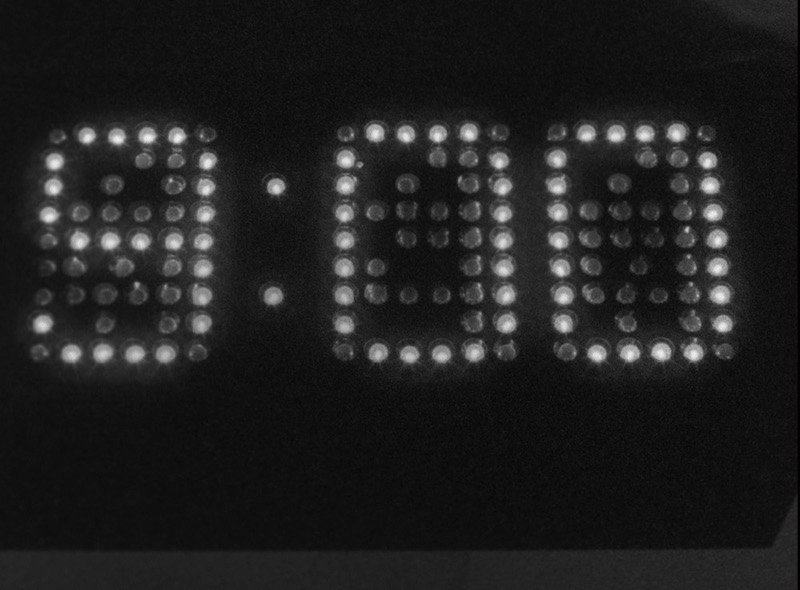
We are excited to kick off our spring 2017 season this week with a rare expanded film performance by Japanese underground filmmaker Rikurō Miyai!
Expanded cinema describes a form of practice that emerged in the 1960s involving the film projector being used as a performative instrument. Existing between film, performance and installation art, it questioned the conventions of the film-viewing experience by activating the inherent qualities of cinema usually neglected in commercial filmmaking.
To read more about this practice and works of other artists like Miyai, we’re linking to scholar and curator Julian Ross’s dissertation, Beyond the Frame: Intermedia and Expanded Cinema in 1960s-1970s Japan. Ross has put together numerous programs exploring Japanese avant-garde film from this period and is one of the curators for our show with Miyai.
Read Ross’s dissertation here.
Julian Ross is a scholar, programmer, and curator. He is a Postdoctoral Research Fellow at the University of Westminster on a Leverhulme Early Career Fellowship. He received his PhD at the University of Leeds. His research focuses on Japanese expanded cinema, a topic on which he co-curated a film and performance series at Tate Modern and International Film Festival Rotterdam (IFFR) of which he serves on the selection committee. He has curated additional film programs at the Eye Film Institute/Amsterdam, the British Film Institute, and the Anthology Film Archives. He has served as assistant curator for the touring program on the Art Theatre Guild of Japan. His writing has appeared in Film Comment, Aesthetica Magazine and Post (MoMA).